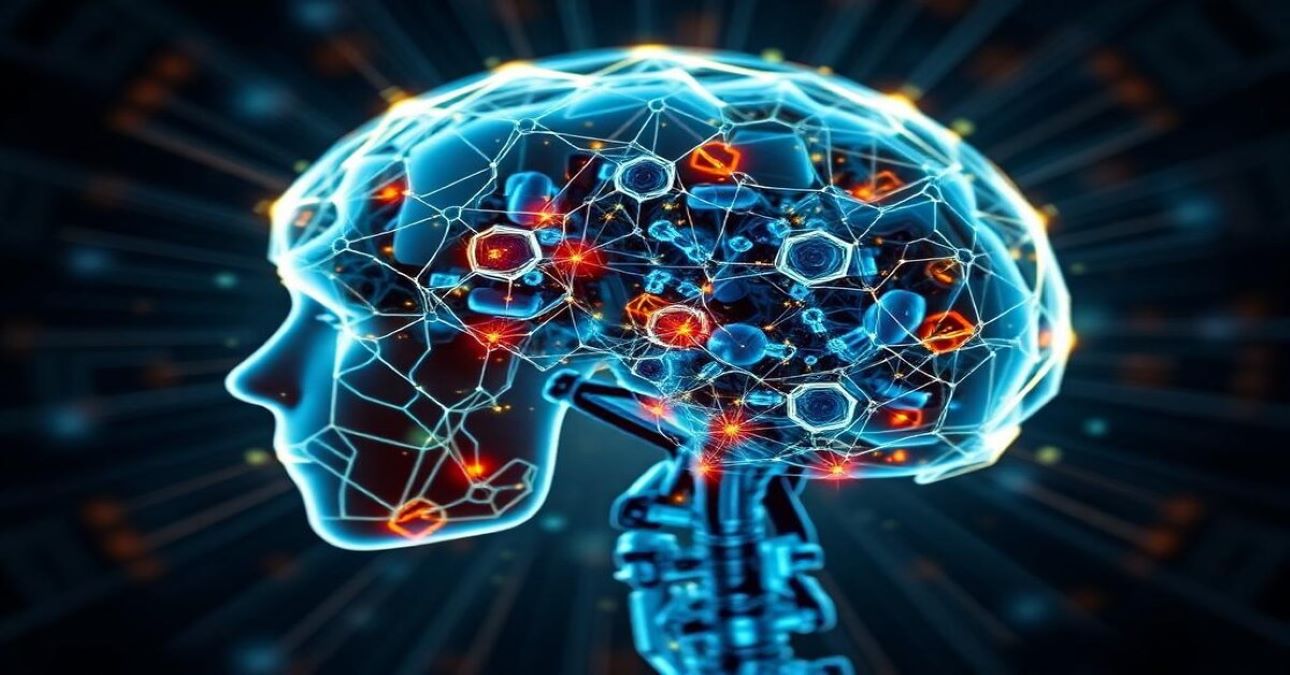In the rapidly evolving landscape of artificial intelligence (AI), a new contender has emerged that is turning heads and raising eyebrows across the globe. China’s latest AI model, ‘Manus,’ has made waves by claiming to surpass all existing AI technologies, including the recently unveiled Grok 3 by American billionaire Elon Musk. As the battle for AI supremacy intensifies, Manus is setting a new standard for what autonomous intelligence can achieve.
A Game-Changer in AI Technology
Developed by ‘Monica,’ a subsidiary of Alibaba, Manus is being hailed as the world’s first AI model capable of making independent decisions, planning its own tasks, and executing them without any human intervention. This groundbreaking capability distinguishes Manus from its predecessors, which have all relied on human guidance to function effectively.
While Musk’s Grok 3 AI model was touted as the fastest AI to date, Manus takes a bold leap forward by operating autonomously. This means it can perform complex tasks such as web browsing and investment analysis simultaneously, all while adapting to new information and scenarios without needing explicit instructions.
The Rise of Autonomous AI
The introduction of Manus marks a significant milestone in the AI industry, as it challenges the traditional paradigms of how artificial intelligence is designed and utilized. According to media reports, Manus’s speed and intelligence have already begun to shake the foundations of the AI sector, prompting competitors like Open AI, Google, and Anthropic to reassess their strategies.
Despite its impressive capabilities, Manus is still in the early testing phases and is currently available to a limited number of users. However, the potential applications for this technology are vast, ranging from financial analysis to automated decision-making in various industries.
Implications for the Future of AI
The emergence of Manus raises important questions about the future of artificial intelligence and its role in society. As AI systems become more autonomous, the ethical implications of their decision-making processes come into sharper focus. How will we ensure that these systems operate within safe and ethical boundaries? What safeguards need to be in place to prevent misuse?
Moreover, the competition between AI models is likely to accelerate innovation, pushing the boundaries of what is possible in the field. As companies race to develop more advanced AI technologies, we may see rapid advancements that could transform industries and everyday life.
Conclusion
As the battle for AI dominance continues, China’s Manus has positioned itself as a formidable player in the field of artificial intelligence. With its ability to operate independently and perform complex tasks without human oversight, Manus is not just another AI model; it represents a significant leap toward a future where machines can think and act autonomously.
As we watch this space closely, the implications of such advancements will undoubtedly shape the future of technology, ethics, and society as a whole. The question remains: how will we harness the power of autonomous AI responsibly, and what new frontiers will it open for humanity? Only time will tell, but one thing is clear: the race for AI supremacy is far from over, and Manus is leading the charge.

